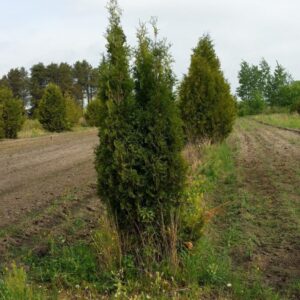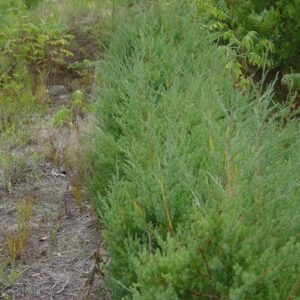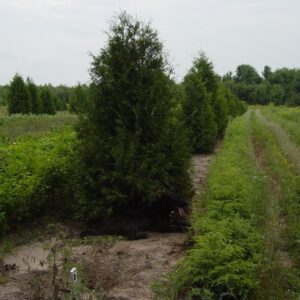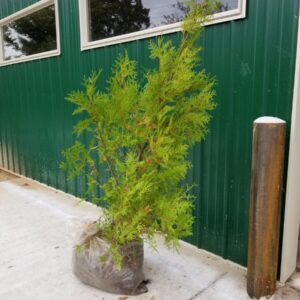Wholesale Cedar Trees
The large, lush cedar tree is a staple all across the country. While not native to the Americas, cedar trees are nevertheless a popular option for homes and gardens. Attractive and low maintenance, these evergreen trees will not disappoint. Place them in an area with room to grow and you’ll have a thriving garden in no time.
Cedar Tree Species – True vs. False Cedars
There are four true species of cedar trees in the world. Nevertheless, there are many other trees that carry the name “cedar” but are not actually cedar trees. These false cedars look like cedars, giving the false impression that they’re part of the Cedrus genus. In reality, they’re actually cypress trees. You can spot the different with their leaves, as cypress trees have soft, feather-like leaves rather than needle leaves.
The following cedar trees are the ones that we at Cold Stream Farm carry:
Green Giant White Cedar
Pyramidal Arborvitae
Red Cedar
White Cedar
White Cedar Arborvitae (with root ball)
If you’d like to plant cedar trees for your home, garden, or business, then give us a call. Our stock of cedar trees are guaranteed fresh and healthy upon delivery. Spring orders are scheduled for climate zone appropriate times, while fall orders are scheduled depending on the weather. To learn more about our stock of cedar trees, contact us today!
GET THE FACTS
Facts About Cedar Trees
Cedar trees are evergreen trees. This means that they never lose their leaves and will remain lush and full all year round. If you're look for a tree that will remain bright and green, then cedars are your best bet.
They Make Excellent Windbreaks
What are windbreaks? These are trees, shrubs, and other outdoor structures that deflect or slow the wind before it hits your home. This is beneficial if you spend a lot of time outside, but it will also help your indoor life as well. A few carefully placed windbreaks can reduce your energy bills by as much as 25 percent. Thankfully, cedar trees are some of the best windbreaks around.
They’re Not Native to the US
While cedars can be found all across the United States, they’re not native to this region. Instead, they originate from the Himalayas and the Mediterranean. They also have a deep history within these cultures. The Lebanon cedar was mentioned frequently in the Bible, and cedarwood oil was widely used by ancient Sumerians for their paints.
They’re Long-Lived
If you want a hardy, long-lasting tree, then look no further than the cedar. While life expectancy varies depending on the specific kind, most cedar trees can live anywhere from 300 to 1000 years! Needless to say, if you plant a cedar tree, it’ll be there for a long time to come.
How to Grow Cedars
Cedar trees are very easy to grow. As long as you have the proper amount of space, it won't take much time or effort for your cedars to flourish. Cedars should be at least 6 months old before they're planted outside. When this time comes, find an area that is sunny, but spacious. Cedars need alot of room to grow properly, so they should remain at least 5 feet apart from other trees. If you're looking to use a cedar tree as a windbreak, figure out which direction the wind typically blows and then plant your trees accordingly. Windbreaks should also be spread further apart, at least two to five times more than the height of your closest tree.
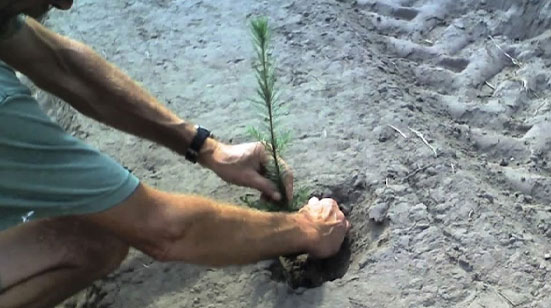
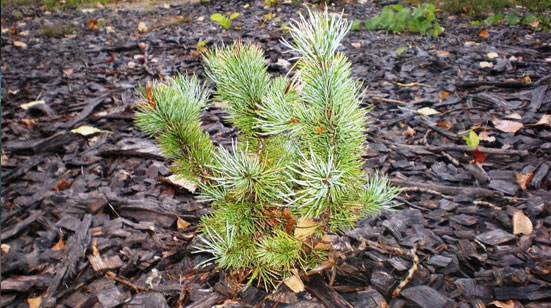
How to Care for Cedar Trees
Once you've planted your cedar tree, there isn't much more you need to do. Cedars are relatively low maintenance,making it a popular option for many homeowners. We recommend placing a 2-inch layer of mulch around the base of the tree. This will prevent moisture loss and further protect the tree from the elements. Additionally, if you use large lawnmowers or other machines in your yard, place a wire cage around the tree to prevent any injury. Young trees should also be covered in a landscape fabric for those living in extremely cold climates.
Common Cedar Problems
Cedar trees won't have many problems over the course of their life. In fact, they're practically disease resistant. Nonetheless, every tree, no matter their species, can be susceptible to insects. Cedar trees tend to attract mites, juniper scale, root we evil, and cypress tip moths. They may also be targeted by dogs or rodents who enjoy eating the bark. Thankfully, these issues are preventable. You can place a wire cage around the tree to protect it from animals, and you can use insecticide to protect it from common insects.
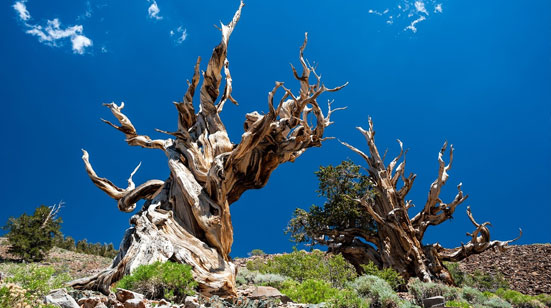

How to Grow Cedars
Cedar trees are very easy to grow. As long as you have the proper amount of space, it won't take much time or effort for your cedars to flourish. Cedars should be at least 6 months old before they're planted outside. When this time comes, find an area that is sunny, but spacious. Cedars need alot of room to grow properly, so they should remain at least 5 feet apart from other trees. If you're looking to use a cedar tree as a windbreak, figure out which direction the wind typically blows and then plant your trees accordingly. Windbreaks should also be spread further apart, at least two to five times more than the height of your closest tree.

How to Care for Cedar Trees
Once you've planted your cedar tree, there isn't much more you need to do. Cedars are relatively low maintenance,making it a popular option for many homeowners. We recommend placing a 2-inch layer of mulch around the base of the tree. This will prevent moisture loss and further protect the tree from the elements. Additionally, if you use large lawnmowers or other machines in your yard, place a wire cage around the tree to prevent any injury. Young trees should also be covered in a landscape fabric for those living in extremely cold climates.

Common Cedar Problems
Cedar trees won't have many problems over the course of their life. In fact, they're practically disease resistant. Nonetheless, every tree, no matter their species, can be susceptible to insects. Cedar trees tend to attract mites, juniper scale, root we evil, and cypress tip moths. They may also be targeted by dogs or rodents who enjoy eating the bark. Thankfully, these issues are preventable. You can place a wire cage around the tree to protect it from animals, and you can use insecticide to protect it from common insects.

